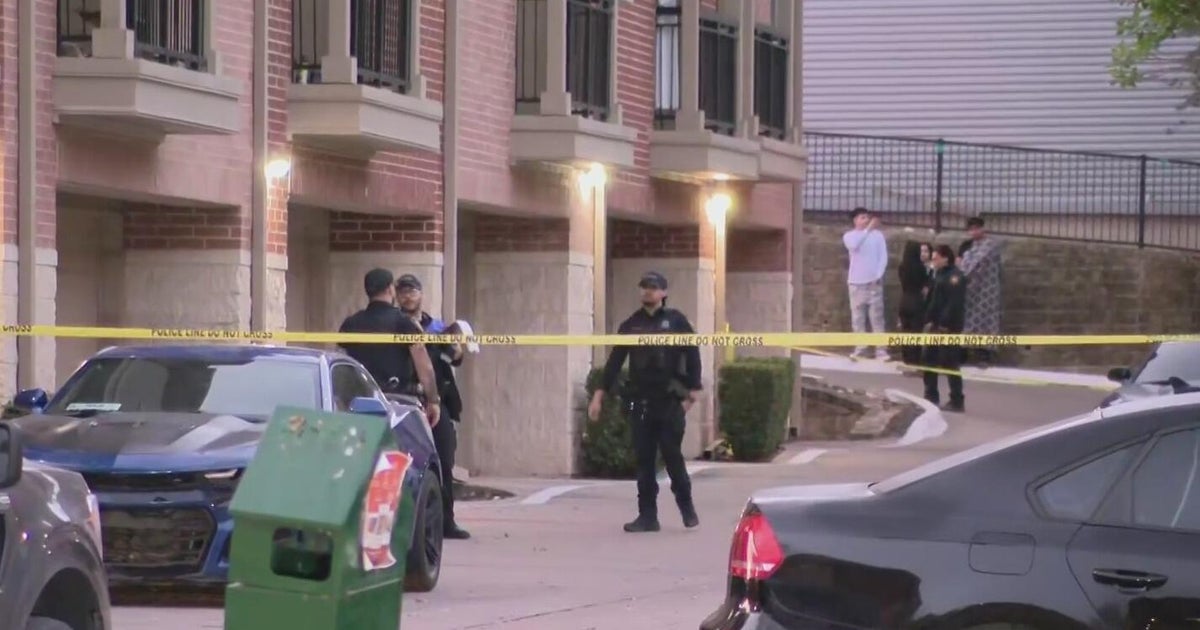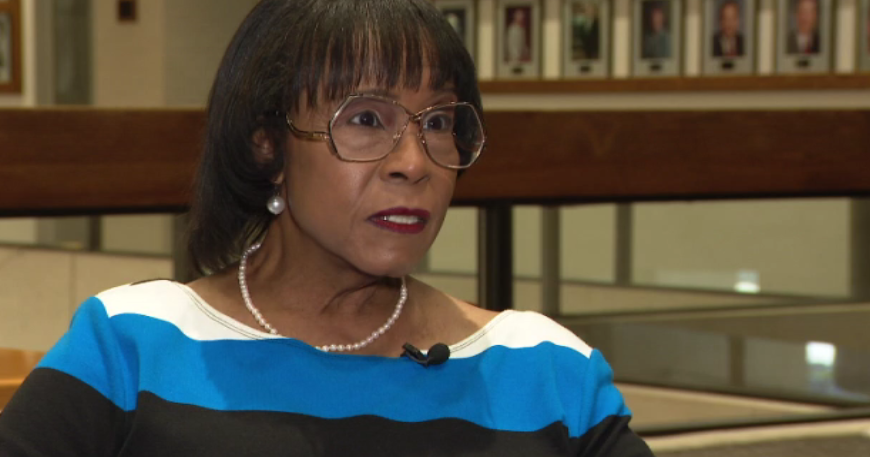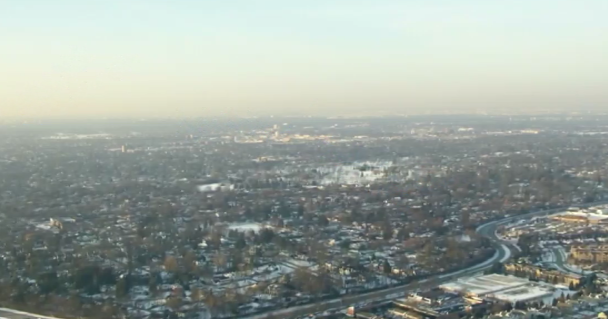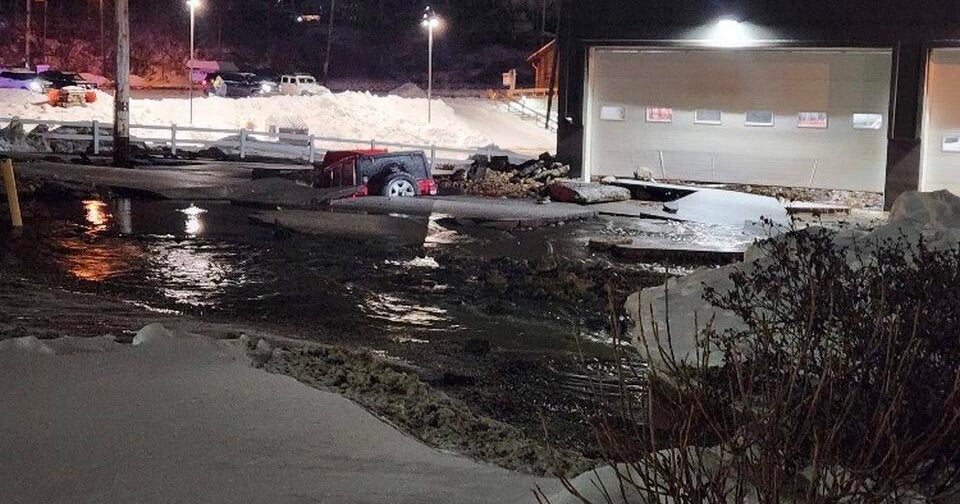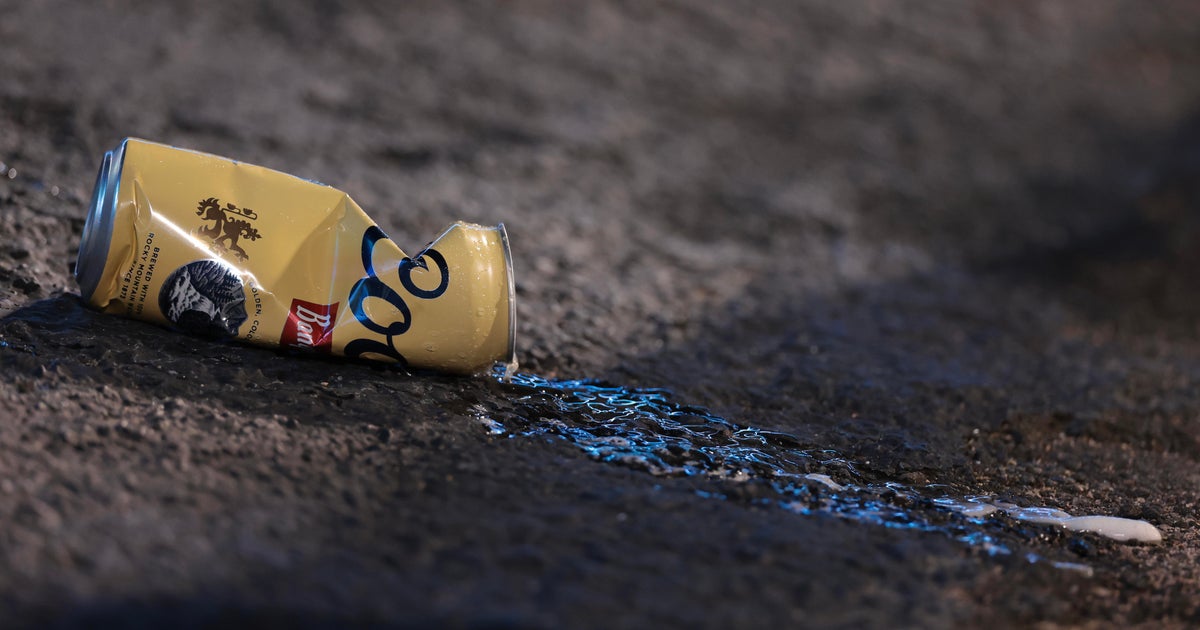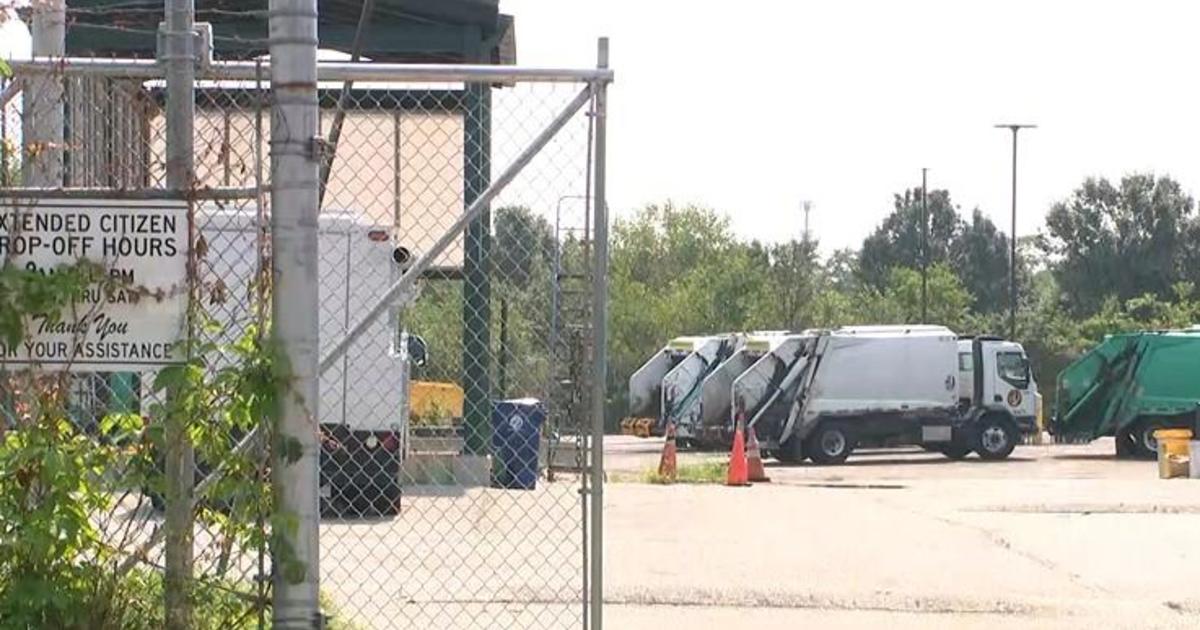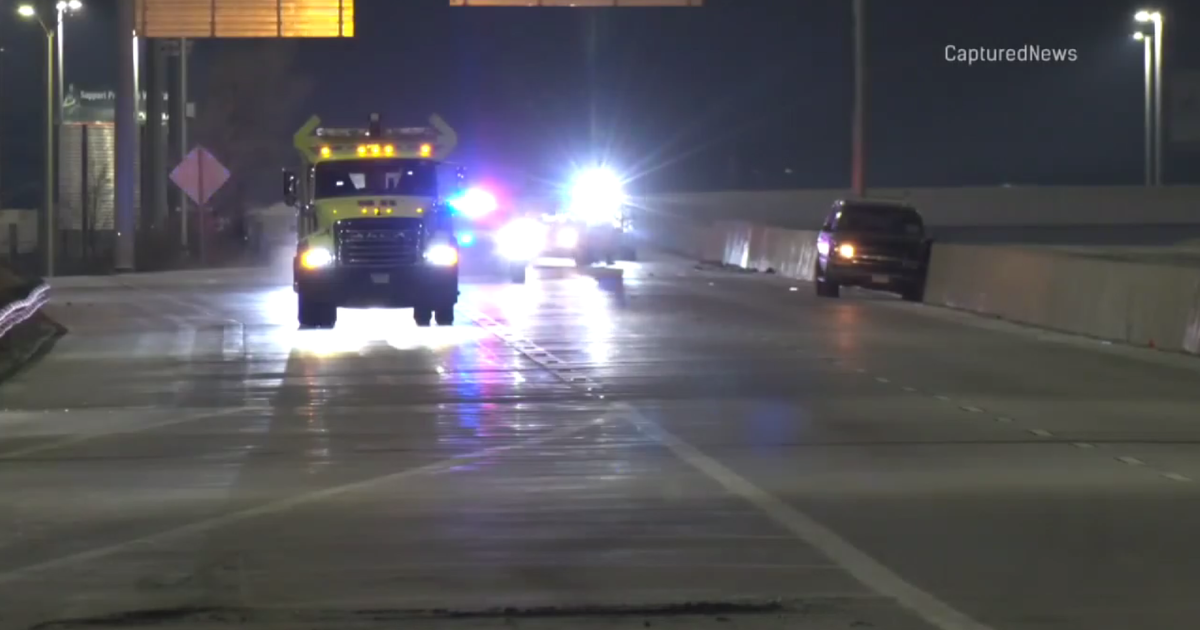I-Team: Drinking Water Violations Continue To Pile Up For A Fort Worth Suburb
FORT WORTH (CBSDFW.COM) - Is the water coming from your tap safe to drink?
It should be an easy question to answer but for thousands of people in the Fort Worth suburb of White Settlement, it's not.
According to Texas Commission on Environmental Quality (TCEQ) records, White Settlement has had 52 drinking water violations since 2011.
The violations range from having too much contamination in the water to not doing enough testing.
The most recent violation occurred last year for failing to properly monitor the drinking water for E.coli. The city said the violation stemmed for failing to fully retest the water after a positive test for coliform. The city said the issue has since been resolved.
In 2018, the City of White Settlement acknowledged "elevated levels of lead in the drinking water" were discovered in the water.
In 2014, levels of radioactive contaminants were discovered in the water that exceeded maximum federal limits.
Three years ago, in an interview with the CBS 11 I-Team, Mayor Ronald White said mistakes had been made in the past but the city had since resolved all the water issues.
When the I-Team followed up with White last month about the city's recent water violations, the mayor admitted he was unaware of them.
"Whatever the failure, I don't know about it. It's not been brought to my attention," White said. "If there's continued to be violations reported by TCEQ and I'm not being informed of it, then as far as I'm concerned, the problems have not been resolved."
City Manager Jeffrey James said the city is "on top of all the water requirements". He said the recent violations were the result of the city turning in paperwork late to the TECQ.
"I believe most of these recent violations are administrative," he explained. "I feel like the water is safe to drink. I drink it."
James said the city has recently fine-tuned its process so this type of oversight doesn't happen again.
Water quality experts say cities with repeated violations for failing to test should concern residents.
"If a system isn't even able to do the basics, if it can even check the water to make sure that it's safe, that makes me wonder about whether they are treating their water to make sure it's safe," said Erik Olson, a senior director with the Natural Resources Defense Council.
The I-Team asked Olson to take a look at White Settlement's water records and give his assessment on whether the water is safe to drink.
"I think it's almost impossible to tell," Olson explained. "What we do know is that there was clear evidence that the water system was more contaminated than health standards several years ago and, since that time, the system just hasn't been testing. So, is the problem that they had a contamination issue and they stopped testing because they were worried that they had a contamination issue and didn't want to show that? Or was it just inattentive and failed to take care of the testing but they actually fix the problem? We just don't know."
White Settlement's city manager said the city recently hired an "environmental specialist" to oversee all of the water testing and the reporting to TECQ.
James said he is hopeful having someone in this position will keep the city from having water issues in the future.
In the past five years, 64 cities and water utility districts in the Dallas-Fort Worth area have had at least one violation of Safe Water Drinking Act.
